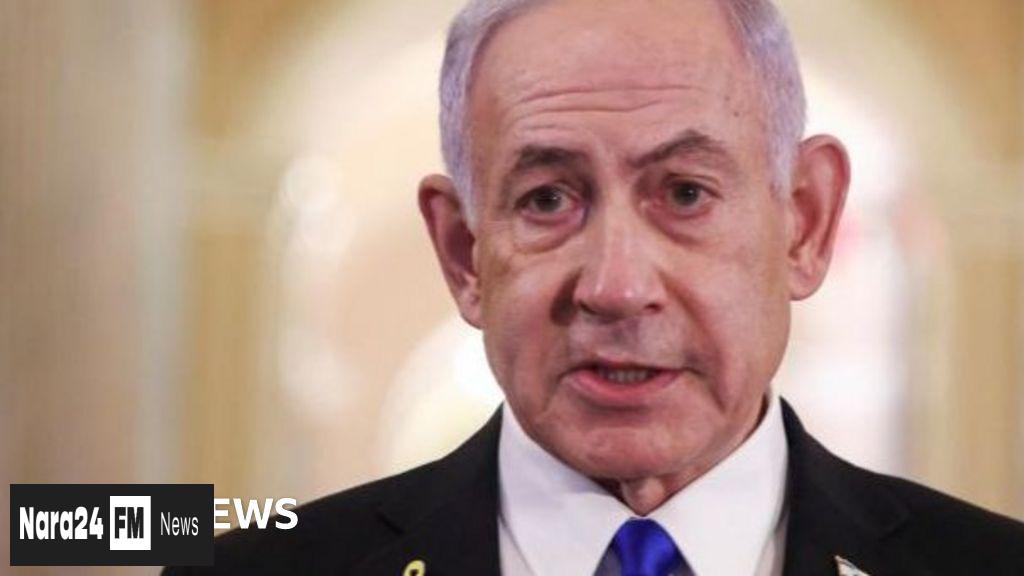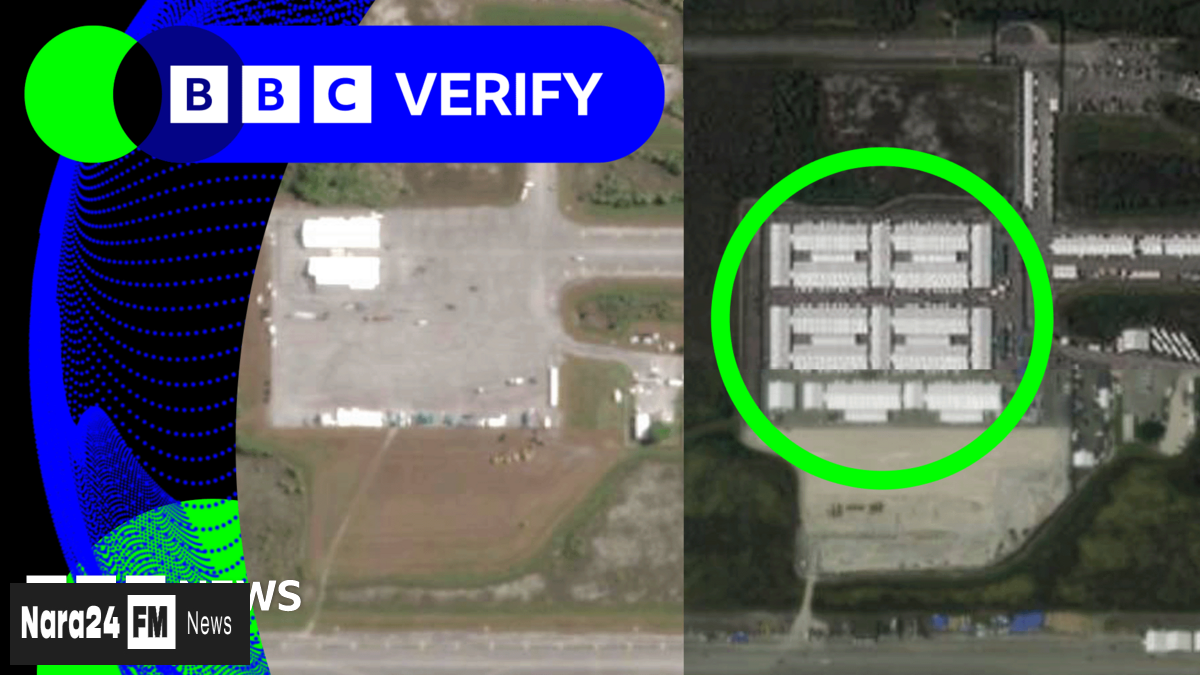Efforts to broker a ceasefire in Gaza and secure the release of hostages have hit a roadblock, according to a Palestinian official familiar with the negotiations. The talks, held in Qatar, have stalled after three days of indirect discussions between Israel and Hamas. Key sticking points include the distribution of humanitarian aid during the ceasefire and the withdrawal of Israeli troops from Gaza.
Israeli Prime Minister Benjamin Netanyahu, who is currently visiting the United States, had an unexpected second meeting with President Donald Trump on Tuesday, raising hopes for progress. However, despite the diplomatic engagement, significant hurdles remain. US Special Envoy Steve Witkoff noted that while the parties have narrowed their differences, one unresolved issue persists. He expressed optimism that a 60-day ceasefire agreement could be reached by the end of the week.
In a statement released Wednesday, Netanyahu emphasized Israel's commitment to securing the release of all hostages, both living and deceased, and dismantling Hamas's military and governing capabilities. "We are determined to achieve all of our objectives," he said, highlighting the role of military pressure in advancing negotiations.
According to a Palestinian official, the impasse stems from Israel's refusal to allow unrestricted humanitarian aid into Gaza through UN agencies. The Israeli delegation has insisted on maintaining the current aid distribution mechanism, which bypasses the UN and relies on private security contractors. Additionally, Israel has rejected calls to withdraw its forces from areas of Gaza occupied since mid-March.
Qatar, which is mediating the talks alongside the US and Egypt, has cautioned that more time is needed to reach a breakthrough. "I don't think I can give any timeline at the moment, but we will need time for this," said Qatar's Foreign Ministry spokesman, Majed al-Ansari.
The proposed ceasefire agreement would involve Hamas releasing 28 hostages—10 alive and 18 dead—in exchange for the release of Palestinian prisoners held by Israel. It would also include a surge in humanitarian aid deliveries and a phased withdrawal of Israeli forces from parts of Gaza.
Meanwhile, violence continues in Gaza. Overnight Israeli strikes in Khan Younis and al-Shati refugee camp reportedly killed at least 20 people, according to the Hamas-run Civil Defence agency. The Israeli military has not yet commented on these incidents.
The conflict, which began with Hamas's attack on southern Israel on October 7, 2023, has resulted in significant casualties and displacement. Over 57,000 people have been killed in Gaza, and the territory's infrastructure has been severely damaged, leaving the population in dire need of aid.
Despite the challenges, the Trump administration remains hopeful. Witkoff is expected to return to Doha in the coming days to continue negotiations, aiming to bring an end to the 21-month-long war.









Comments (0)
Leave a Comment
Be the first to comment on this article!